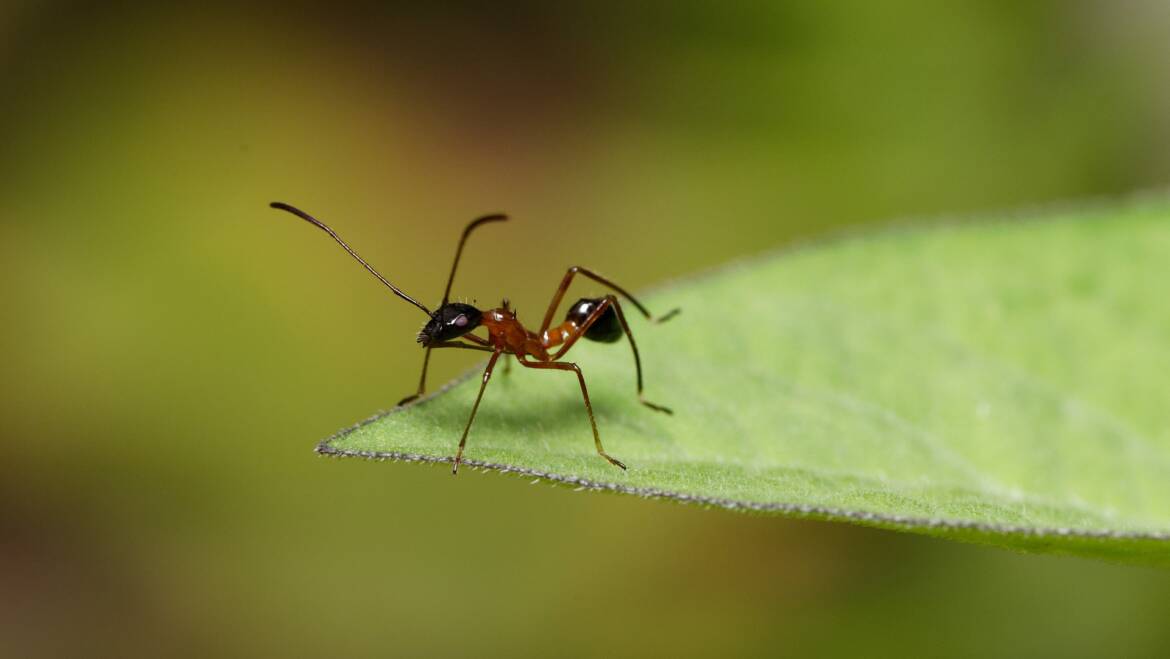Insect control is a crucial aspect of maintaining a healthy and comfortable living environment. It involves the management and elimination of unwanted insects that can cause harm, spread diseases, and damage property. Effective insect control strategies include preventive measures, regular monitoring, and targeted treatments to reduce insect populations and minimize their impact.
Preventive measures are the first line of defense against insect infestations. This includes practices such as sealing cracks and crevices, maintaining clean and clutter-free spaces, and managing waste properly. These steps help to reduce the opportunities for insects to enter and thrive within homes and businesses.
Regular monitoring is essential to detect early signs of insect activity. By identifying potential problems early, it is possible to address them before they become significant infestations. Monitoring can involve visual inspections, the use of traps, and the deployment of advanced technologies to track insect movements.
When it comes to treatment, there are various options available depending on the type and severity of the infestation. Chemical treatments, such as insecticides and repellents, are commonly used to target specific insect species. However, there is an increasing emphasis on integrated pest management (IPM) approaches that combine chemical, biological, and physical methods for a more sustainable solution. Biological control involves using natural predators or parasites to control insect populations, while physical control methods include traps, barriers, and environmental modifications.
Insect control is not only important for residential settings but also for agricultural, commercial, and public health environments. In agriculture, effective insect control is vital to protect crops from pests that can cause significant yield losses. In commercial settings, maintaining a pest-free environment is crucial to meet health and safety standards and protect the reputation of businesses. In public health, controlling insects such as mosquitoes is essential to prevent the spread of diseases like malaria, dengue fever, and Zika virus.
Overall, insect control plays a vital role in ensuring the well-being of individuals, communities, and ecosystems. By implementing proactive measures and utilizing a combination of techniques, it is possible to manage insect populations effectively and create a safer, healthier environment.

